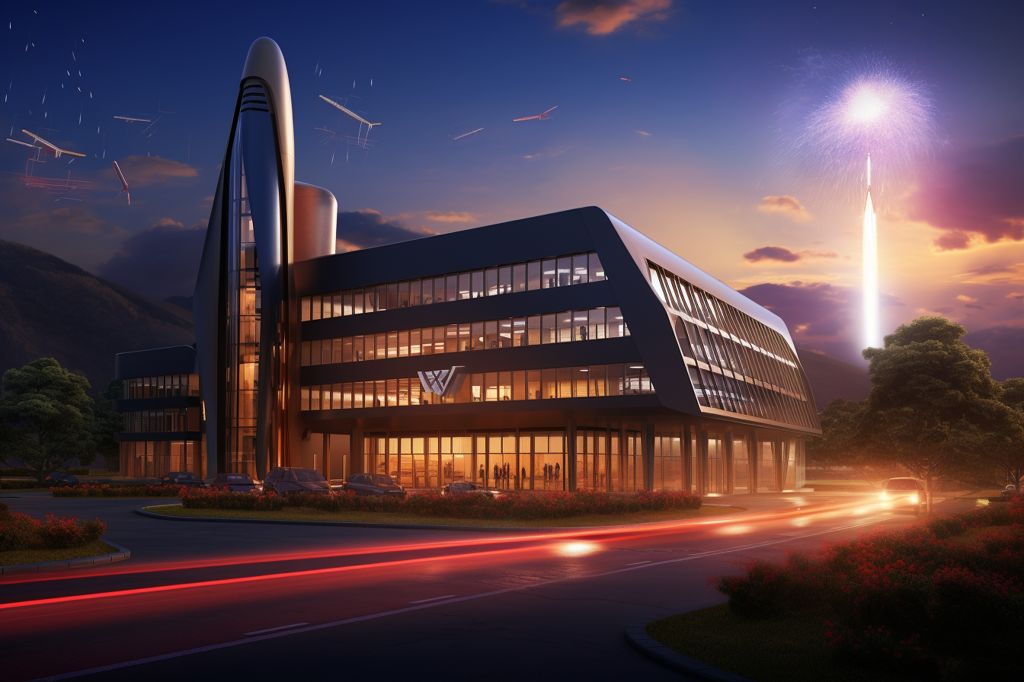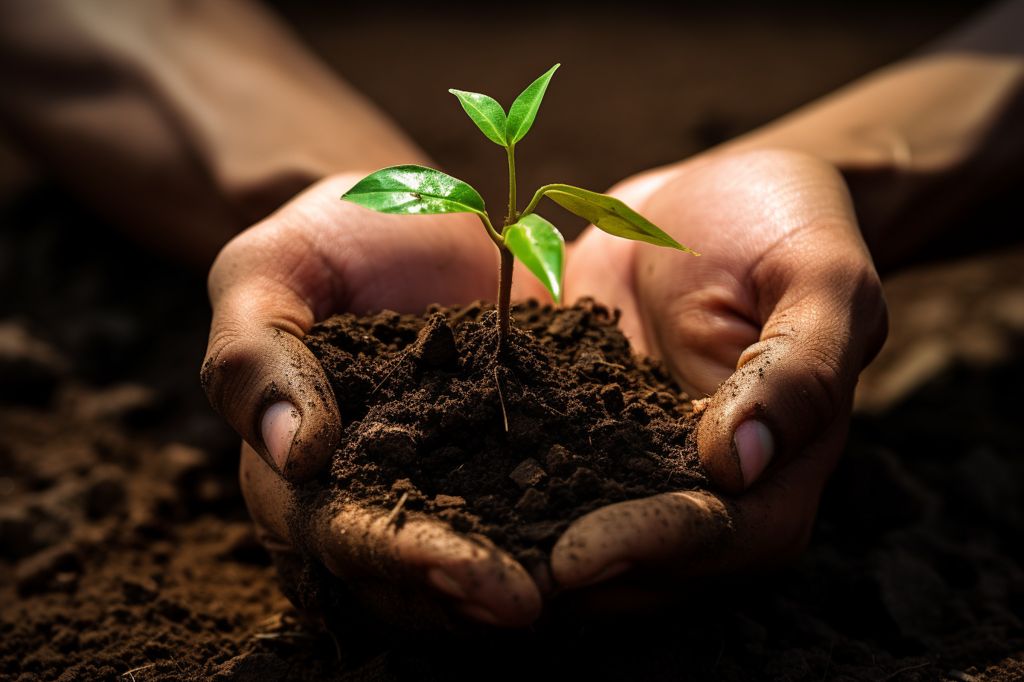In a significant development for South Africa’s digital infrastructure, President Cyril Ramaphosa officially launched the Huawei Innovation Centre. This state-of-the-art facility aims to foster collaboration between Huawei’s business units, local partners, app developers, and ICT-focused Small, Medium and Micro Enterprises (SMMEs). The Innovation Centre’s launch demonstrates Huawei’s confidence in South Africa’s economy and its potential to become a leading digital hub.
Expanding Digital Infrastructure for Economic Growth
South Africa recognizes the importance of expanding its digital infrastructure as a primary engine for economic growth and competitiveness. Digital innovation has become inextricably linked to a nation’s development, with technologies such as Artificial Intelligence (AI), Big Data, and Machine Learning offering platforms for economic growth, job creation, and improved government service delivery.
Digital technologies can enhance production processes across various economic sectors, from mining to transportation. One such example is the partnership between Huawei, its carrier, and industry partners, which led to the launch of South Africa’s first 5G coal mine last year.
Stimulating Investment in the ICT Sector
As the digital economy expands, South Africa’s government has initiated numerous structural reforms to stimulate investment in the sector. These include the auction of high-demand spectrum and digital migration, which will considerably broaden access to broadband and reduce data costs. Other priorities encompass the development of an ICT and Digital Economy Masterplan, National Data and Cloud Policy, and ensuring strong regulatory frameworks around cybersecurity, intellectual property, and personal information protection.
The ICT sector holds immense potential for growth and investment, as evidenced by the Independent Communications Authority of South Africa’s 2023 report. South Africa’s expanding wireless and fiber infrastructure, coupled with its expertise in data centers, cloud computing, and storage, makes it an attractive destination for investment.
The Role of the Huawei Innovation Centre
The Huawei Innovation Centre is set to play a pivotal role in cultivating local digital talent and boosting SMME development. Programs such as Huawei’s LEAP initiative, ICT academies, and DigiSchool projects will foster knowledge and skills transfer. Furthermore, Huawei’s plans to invest considerably in Africa’s data centers and cybersecurity industries will enable South Africa and the continent to leapfrog into the Fourth Industrial Revolution.
The Innovation Centre will not only serve as a platform for technological collaboration and partnerships but also as a springboard for new local ICT enterprises, creating jobs and fueling economic growth. By supporting the nation’s developmental goals, the Centre is poised to have a far-reaching impact on South Africa’s digital landscape and beyond.
President Ramaphosa’s official launch of the Huawei Innovation Centre marks a new chapter in South Africa’s digital journey. This ambitious project exemplifies the strong collaboration between the South African government and innovative companies like Huawei, striving to propel the nation into a digitally-driven future.








